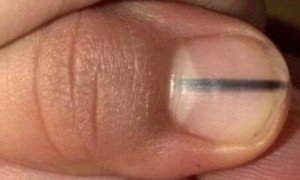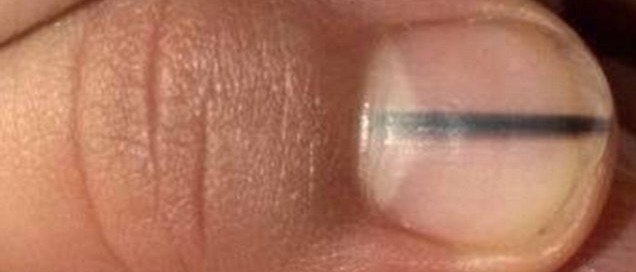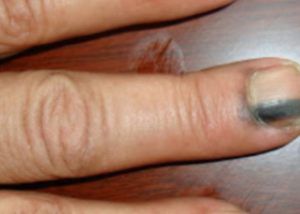What Does Elevated and Gray Area Troponin Mean?
Do you know someone whose troponin level in the ER was in the “elevated” or “gray area” range?
This blood test is given to people who complain of chest pain and other symptoms that can come with a heart attack. (more…)
The Soonest You Can Recover from Heart Bypass Surgery?
Why is it that some heart bypass patients are on the golf course six weeks after surgery, while others take four months to fully recover?
10 Gym Things You’re Doing to Lose Belly Fat that Won’t Work
If you’ve been unable to lose your belly fat, check this list of 10 useless things many people do to shrink their gut but will never work.
Kinds of Foods that Are Surprisingly Bad for You
There are just so many foods that people think are healthy for the body, but are actually junk and should be regarded as bad for your body.
Let’s just cut to the chase and list the kinds of foods that are, to your surprise, quite unhealthy.
Can Fried Eggs Be Healthy?
If you love fried eggs but have been avoiding them because you don’t think they’re healthy – you’re making a mistake and depriving yourself of a tasty food that also has nutritional value. (more…)
What to Look For During Self-Breast Exam Besides Feeling Lumps
If all you did was feel for lumps during your monthly self-breast exam and found nothing, you’re not in the clear.
There’re other things to look for. (more…)
Why Are Kidney Problems So Common with Chronic Heart Failure?
Kidney problems seem to go hand-in-hand with chronic heart failure – and that’s because they DO go hand-in-hand with this common but serious condition.
Is a Child Mean for Excluding Classmate from a Birthday Party?
If your child was not invited to a classmate’s birthday party, does this make the classmate a bully?
Or perhaps your own child wants to exclude a classmate, and you’re wondering if this makes him or her a bully — or, to put it another way – mean and insensitive. (more…)
Warning Signs a Nail Melanoma Was Misdiagnosed As Benign

Any race can get nail plate cancer.
















































































